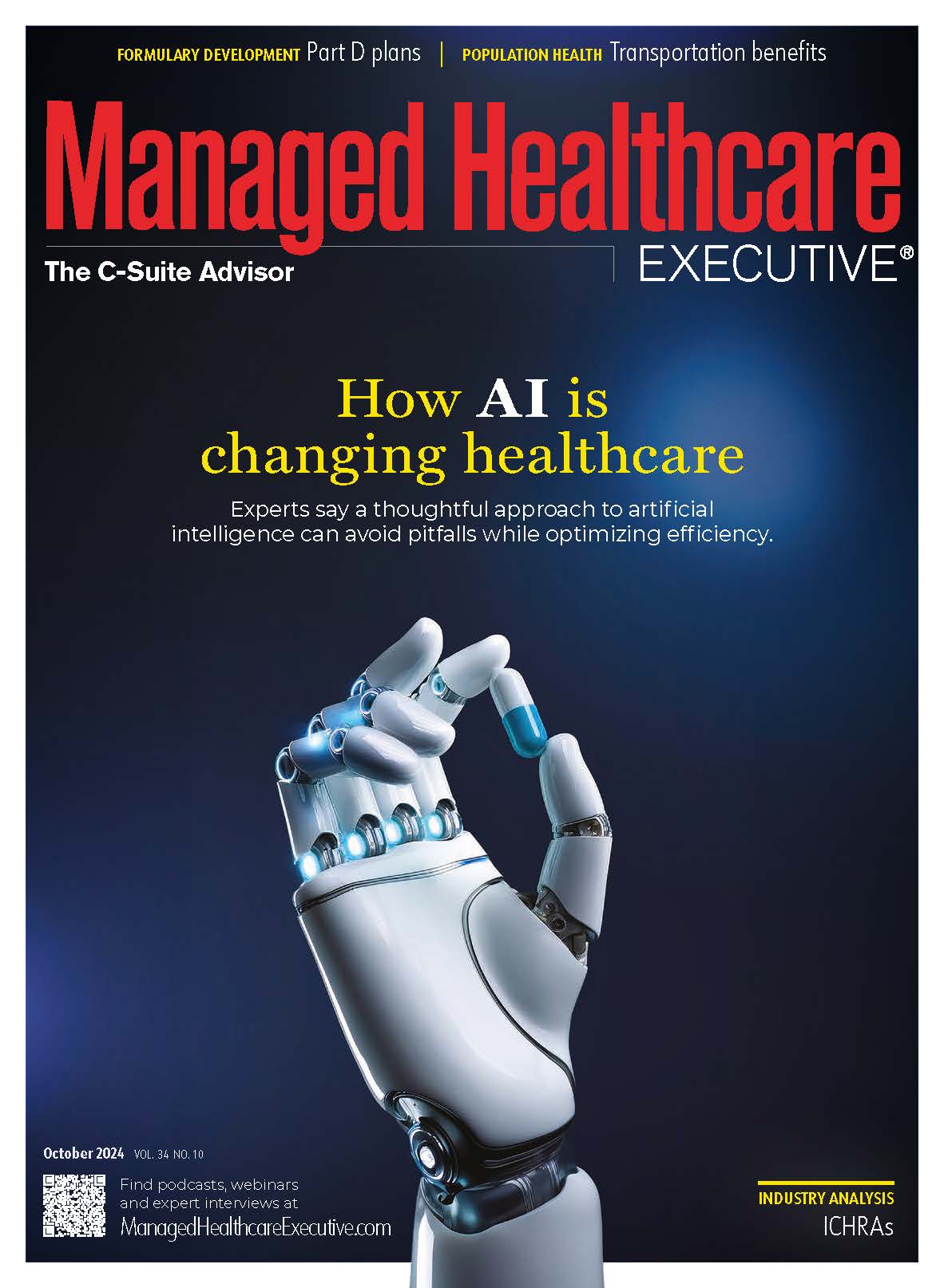The Dawn of AI Integration: Navigating the Future of Technology and Healthcare
In the rapidly evolving landscape of technology, the integration of artificial intelligence (AI) into everyday applications is no longer a topic of speculation but a burgeoning reality. As organizations race to leverage large language models (LLMs) to enhance efficiency and user experience, significant developments have emerged from numerous fronts. Among them, Mozilla’s Lumigator framework promises to revolutionize how developers select and implement LLMs, while AI’s role in healthcare is expanding with numerous practical applications. In parallel, browser innovations led by companies like Opera are enhancing user privacy while infusing AI capabilities into web navigation.
Mozilla’s Lumigator: The Future of LLM Integration
Developers often find themselves grappling with the daunting task of choosing the right language model for their projects. Recognizing this need, Mozilla has introduced Lumigator, which is designed to simplify the selection process while promoting ethical AI use in software development. This framework is more than just a tool; it’s a commitment to transparency within the AI ecosystem. As stated by the team, Lumigator aims to achieve a remarkable objective: “making the selection of language models transparent, powerful, and efficient.”
 Exploring the innovative Lumigator framework by Mozilla.
Exploring the innovative Lumigator framework by Mozilla.
Project Highlights
Set to launch in a closed alpha in November 2024, with expectations of widespread availability by January 2025, Lumigator is primarily focused on model evaluation. The framework will eventually support functionalities like fine-tuning and real-time monitoring for experimentation, catering to diverse project needs. Developers can register for updates, ensuring they stay at the forefront of AI integration advancements.
AI Revolutionizing Healthcare
In the realm of healthcare, AI’s influence cannot be overstated. As Matthew DeCamp, M.D., Ph.D., notes, LLMs play a crucial role in streamlining communication channels between healthcare providers and patients. By analyzing patient queries and generating draft responses, AI can enhance the efficiency and accuracy of medical communications, although it is not without challenges. For instance, while an AI might suggest potential diagnoses, it often lacks the nuanced understanding that only a human can provide.
“Sometimes the responses are amazingly helpful,” notes DeCamp, highlighting the potential of AI, while also cautioning about reliance on technology that may misinterpret symptoms.
Practical Applications
The healthcare sector is witnessing several AI applications, notably in operational efficiency, imaging, and drug discovery. AI tools are now assisting in schedule optimization, providing faster triage during emergencies, and facilitating more accurate readings in imaging technologies. Moreover, in drug discovery, companies are using AI to identify therapeutic targets, significantly transforming how new treatments are developed.
 Innovative applications of AI in healthcare settings.
Innovative applications of AI in healthcare settings.
This shift towards AI-driven solutions not only optimizes efficiency but also emphasizes the need for careful governance and oversight. DeCamp stresses the importance of data integrity and unbiased algorithm training, as these elements are critical to ensuring equitable healthcare access for all patients. The conversation surrounding AI’s role in health care must remain patient-centered, addressing ethical considerations while maximizing benefits.
Opera: Leading the Charge in AI Browser Technology
Opera’s introduction of on-device AI marks another significant advancement in technology that prioritizes user privacy. With a commitment to bringing local AI capabilities to users by the end of 2025, Opera is carving out a niche in the competitive browser market by prioritizing security alongside innovation. Krystian Kolondra, EVP of Desktop & Gaming at Opera, posits that this will eliminate privacy concerns typically associated with cloud processing.
 Opera is setting new standards with innovative AI features.
Opera is setting new standards with innovative AI features.
A Multi-LLM Ecosystem
By integrating multiple LLMs, including Google Gemini and OpenAI’s ChatGPT, Opera’s Aria aims to seamlessly provide advanced AI functionalities, all while safeguarding user data. This approach aligns with user demand for greater privacy and transparency in AI interactions. Recent changes, such as eliminating login requirements for Aria, show Opera’s commitment to enhancing user experience while maintaining robust security measures.
Balancing Innovation with Privacy
AI’s application in web browsers raises crucial questions regarding data handling and privacy. While Opera’s AI models are designed to function without storing personal data beyond the immediate conversation, the broader implications of AI’s data requirements necessitate ongoing discourse. The browser’s development signals a new era in which users can enjoy compelling AI features without sacrificing their privacy.
Conclusion: The AI Future
As we navigate through the complexities of integrating AI into technology and healthcare, it becomes increasingly clear that the stakes are high. The quest for ethical, efficient applications is paramount, and advancements such as Mozilla’s Lumigator, enhanced AI capabilities in healthcare, and Opera’s local AI models underscore a promising future. By championing transparency and prioritizing user needs, stakeholders in technology can shape an innovative landscape that truly benefits society at large.
The evolving interplay between AI and user-centric services presents both challenges and opportunities. As these technologies mature, the focus must remain steadfast on responsibility, accessibility, and equity, ensuring that the benefits of AI are shared broadly across all sectors of society.


 Photo by
Photo by 












